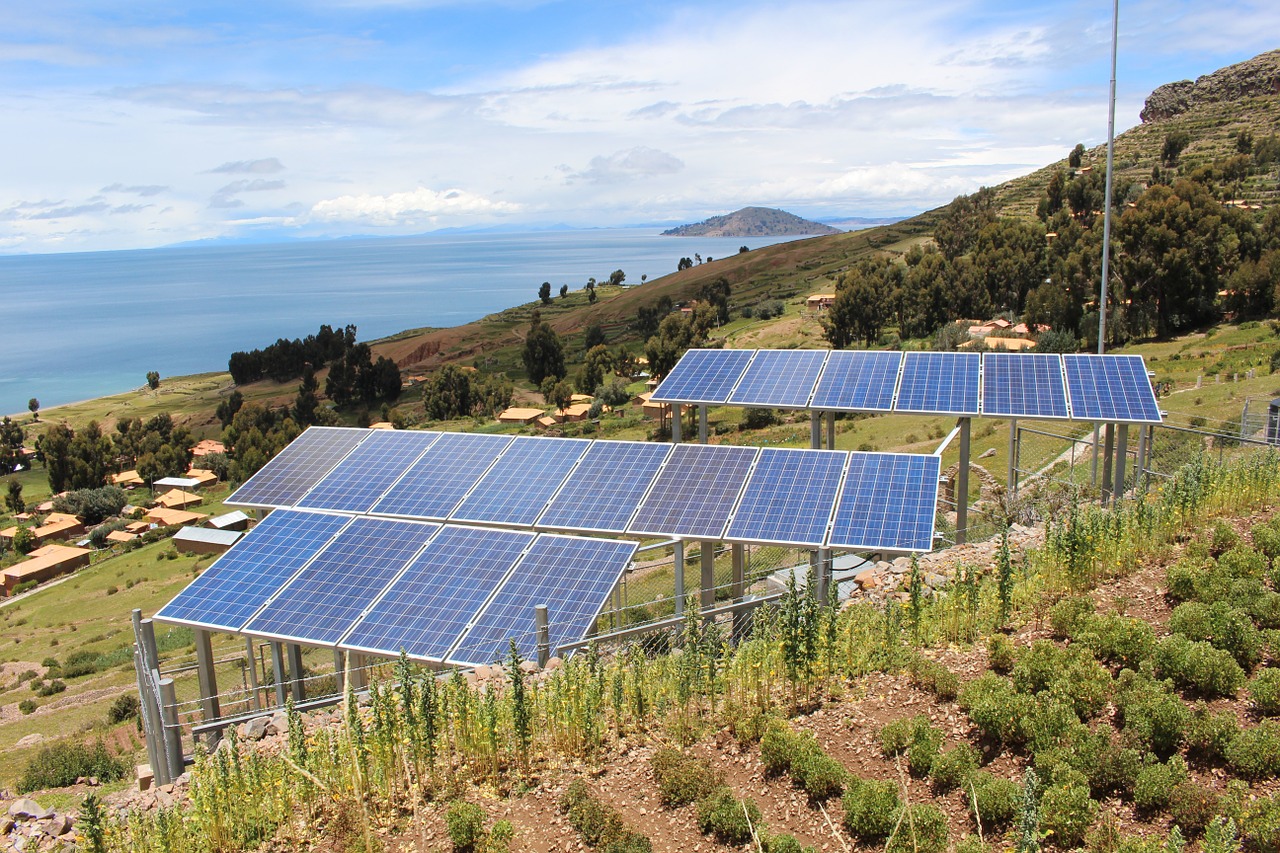Governments face a major dilemma: Should they respond to the downturn caused by the pandemic with more emissions in the short term or should they sacrifice short-term growth for long-term gains? In truth, the pandemic gives the world an opportunity to pursue faster growth through green energy.
Of the nearly 1,000 global experts and leaders who responded to the Global Risks Perception Survey, 63 percent believe that climate action failure will become a critical threat to the world within the next five years. The World Economic Forum’s Global Risks Report 2022, however, warns that “the economic crisis created by the COVID-19 pandemic risks delaying efforts to tackle climate change by encouraging countries to prioritise short-term measures to restore economic growth, regardless of their impact on the climate.”
Governments worldwide are therefore faced with a major dilemma: Should they respond to the pandemic with more emissions in the short term, should they sacrifice short-term growth for long-term gains, or can they do both?
Currently, a swift transition to net-zero represents the best and only chance of preventing irreversible damage to the climate. However, there are several barriers to achieving net-zero: stalling on climate action, greenwashing by companies to lure climate-conscious consumers, and unambitious global climate commitments, such as the 1.8°C-2.4°C target set in Glasgow during the recent United Nations (COP26) conference.
Although the COP26 commitment certainly lags behind the commitments of the Paris Climate Agreement, experts remain doubtful that climate change can be held at even 1.8°C, considering the current trajectory of the transition to green energy. The transition has, in fact, weakened since the start of the pandemic in 2020.
A successful transition to green energy would require efforts from all stakeholders. Public and private investment into non-polluting renewable energy is required to promote research and development and make clean energy both competitive and safe. Non-renewables such as fossil fuels can be phased out by tightening emission regulations and providing financial incentives to businesses that switch to non-polluting alternatives.
Consumer behaviour is another major factor that affects the pace of the transition. Currently, there is a dire need to destroy demand for unsustainable and environmentally damaging goods and services. More education is required on the impact of these goods, along with more stringent regulations to prevent greenwashing and misinformation that could deceive consumers.
A Change in Priorities
Before the pandemic, governments had begun to recognise the need to act on these shorter-term commitments in order to meet long-term goals. According to a study in Science Direct, “The cost of renewable energy continued to fall rapidly, making it an increasingly politically and economically viable option; divestment campaigns were taking off; and there was a surge in public buy-into the argument that urgent action was required to address climate change.”
The economic crisis generated by COVID-19 has, however, diverted public and private sector attention – and funds – from sustainable energy to short-term survival. In fact, reports by the International Energy Agency show that governments’ spending on clean energy amounts to just 3 percent of what has been mobilised to bolster their national economies following the COVID-19 pandemic.
Existing data on climate action, when compared to efforts taken to tackle other global challenges, reveal that we have not yet acknowledged the scale of long-term damage that is to be caused by climate change and environmental degradation. The dilemma posed by COVID-19 has only worsened this problem, as public pressure to control climate change has softened.
The need for short-term economic recovery has played a major role in the change in mood towards climate action. According to a World Bank analysis, on average, companies’ sales dropped 27 percent between October 2020 and January 2021, after plunging 45 percent from April to September. In such testing times for businesses around the world, it seems only fair to reduce pressure on decarbonisation efforts. However, one ought to consider the impact that this will almost certainly have on the climate in the near future.
Opportunities Posed By the Pandemic
Although prioritising climate action over short-term economic recovery may seem like too big a compromise, parts of the world are already facing the deadly impacts of climate change, and climate inaction could well be sacrificing short-term economic recovery itself.
In Bangladesh, around 79 percent of the economically crucial small and medium-sized businesses have been affected by climate-induced flooding and cyclones in the past ten years, according to a recent study. According to a report by Deloitte Global, nearly three in ten organisations are already noticing the operational impacts of climate-related disasters, such as facilities damage and workforce disruption. While there is no doubt that the dilemma between post-COVID economic recovery and climate action is an extremely complex one, businesses must find a middle path to secure their own survival.
In fact, one might argue that this is the ideal time to apply sustainable growth and structural change, with clean energy prices being lower than ever and an adamant demand to do away with fossil fuels. The global average price of a megawatt-hour of electricity gleaned from solar photovoltaic, for example, decreased from $378 in 2010 to just $68 in 2019, making it cheaper than coal. Further, switching to renewable energy doesn’t just help cut energy bills in the short run; it also gives businesses a public relations boost in an increasingly eco-conscious consumer market.
Governments that are concerned about post-pandemic unemployment should seize the current opportunity to create jobs through the promotion of renewable energy sources. This is because renewable energy sources such as solar, hydroelectric and geothermal energy demand more manpower than traditional fossil fuels. This means that greater demand for such energy sources would lead to more employment opportunities in the energy sector. The number of jobs in renewable energy worldwide increased from 11.5 million in 2019 to 12 million in 2020, despite the economic disruptions caused by the pandemic.
Eventually, what is required to manage this complex dilemma facing the world is an appreciation of the fact that climate action and economic recovery are not mutually exclusive and are, instead, closely interlinked.
Kashvi Singh is a Research Intern at Freedom Gazette. She has recently completed her A-Levels in Political Science, Economics, Mathematics and Geography from Woodford County High School, London. She has a keen interest in politics and development studies and hopes to pursue a degree in Politics, Philosophy and Economics.


